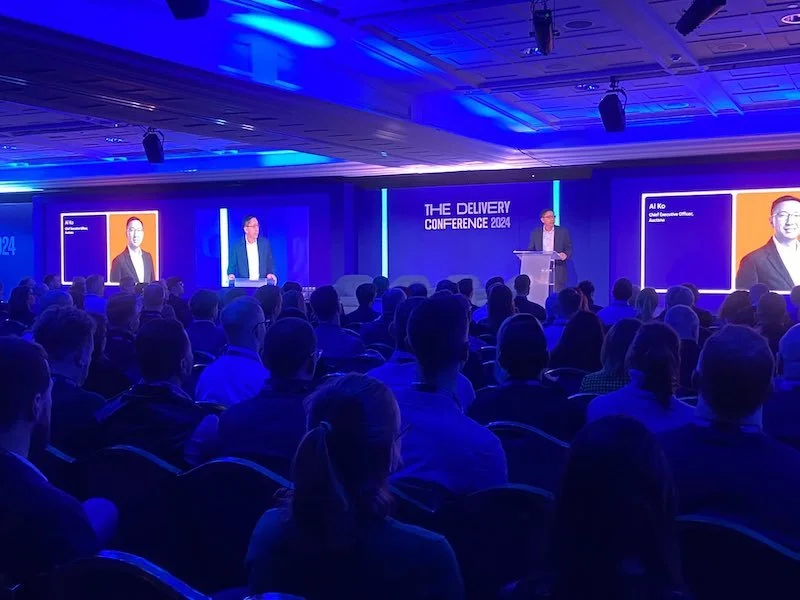Buy now pay later spend set to hit $995 billion by 2026
Global spending via e-commerce buy now pay later services will reach $995 billion in 2026, from $266 billion in 2021, according to Juniper Research.
This will be fuelled by a greater appetite from users for credit to spread costs, particularly in the wake of the coronavirus pandemic.
While regulations will inevitably place restrictions on services, such as limiting charges or enforcing affordability checks, these changes will not diminish the appeal or growth of the platforms. Rather they will merely place them on a more secure footing.
By 2026, these services will account for over 24% of global e-commerce transactions for physical goods by value, from 9% in 2021.
Juniper Research’s Damla Sat comments: “As a tool to split the cost for users, buy now pay later is ideally suited for high cost items, as it enables users to seamlessly split large costs into smaller, more manageable payments.”
“By 2026, these platforms will increasingly become the norm for lower-cost purchases as well; driven by user demand and e-commerce platform integrations.”
The global number of buy now pay later users will, meanwhile, exceed 1.5 billion in 2026, from 340 million in 2021.
Juniper Research says that e-commerce merchants must integrate buy now pay later services immediately, or risk losing transactions to other payment platforms which offer preferable payment options.
Klarna
Last week, buy now pay later big hitter Klarna raised $639 million at a post-money valuation of $45.6 billion.
This came just three months after the Swedish company’s last mega funding round and cemented its status as Europe’s most valuable private FinTech venture.
SoftBank’s Vision Fund 2 led the latest round, which also included participation from existing investors Adit Ventures, Honeycomb Asset Management and WestCap Group.
Klarna plans to use the new capital to continue to grow in the US and globally.
“Klarna’s growth is founded on a deep understanding of how the purchasing behaviours of consumers are changing, an evolution which we believe is accelerating,” said Yanni Pipilis, Managing Partner at SoftBank Investment Advisers.
Charm offensive
There has been increasing political and regulatory scrutiny of buy now, pay later companies in recent times, based around concerns that they tempt consumers to purchase goods they cannot afford.
As a result, Klarna has been on something of a charm offensive, whilst also taking aim at traditional banks and credit card companies.
Last month, for instance, it launched a UK campaign titled #WhyPayInterest.
Running across OOH, online, on social media and in print, this aims to highlight the difference between BNPL products and traditional credit cards, challenging what Klarna calls “outdated business models and products that don’t serve consumers’ best interests”.










